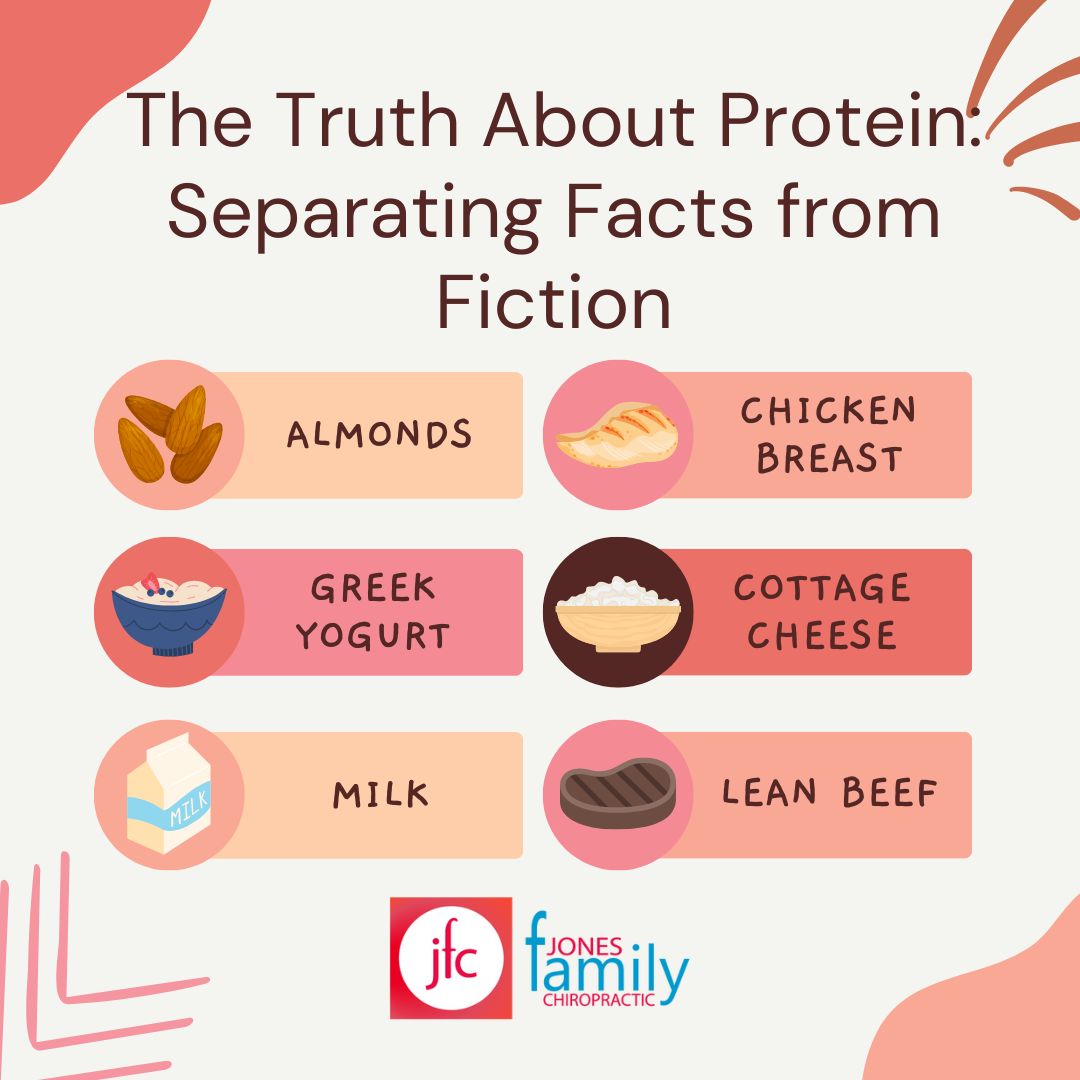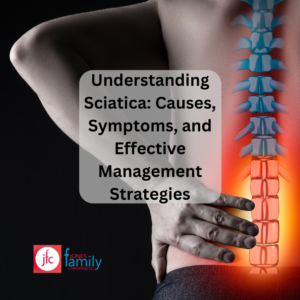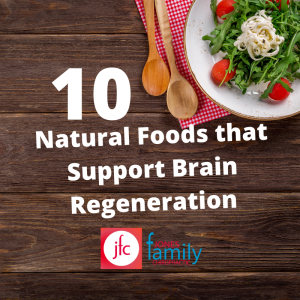Podcast: Play in new window | Download
There have been a lot of controversial knowledge versions from different researchers on protein. The layman is often left at the crossroads on whether protein is harmful to our health, how much of it is adequate for a day, or whether to abandon animal protein and depend on plant proteins. While the body can manufacture some of the 21 amino acids, the essential category must come from the food we eat.
Some researchers have demonized protein citing the following reasons.
- High consumption of protein increases one’s risk for diabetes.
- High-protein diets hasten puberty and are associated with breast cancer among girls.
- Protein is associated with health conditions, including heart disease, cancer, and obesity.
- Eating red and processed meat products regularly accelerates the risks for cancer, premature death, unhealthy weight gain, stroke, type 2 diabetes, and heart disease.
- Proteins contain high levels of specific amino acids such as methionine (BCAAs) that may harm metabolism, thus affecting an organism’s longevity and health metabolic reactions.
- Eating more proteins is harmful to kidney health.
- High consumption of proteins may lead to low bone density.
Does protein have detrimental health effects?
Despite the many misconceptions about protein, there is no adequate scientific evidence to support the claims that protein is indeed harmful to human health. The reasons some researchers may be wrong to have demonized protein include the following.
- Although it is helpful to restrict protein consumption among those with preexisting kidney issues, there is no empirical proof of the association between kidney damage and protein consumption among healthy individuals.
- Various studies indicate that consuming more protein lowers blood pressure and helps suppress diabetes, which is both kidney disease risk factors.
- There is scientific evidence that protein intake, along with other nutrients such as calcium and vitamin D, helps prevent osteoporosis.
- While blaming protein for conditions such as cardiovascular disease, unhealthy weight gain, obesity, stroke, type 2 diabetes, and cancer, the researchers have not considered other underlying issues that may lead to similar conditions. The real culprits could be excessive added sugar consumption, saturated fat, genetic disorders, lifestyle, and other factors.
- Only particular protein sources such as processed meat products are linked with increased risk for cancer.
- In health promotion and disease prevention, what matters is nutrient density and overall quality rather than the exact macronutrient content.
- Studies linking higher intakes of protein to increased risks for certain health conditions are not clear whether the researchers considered other factors such as age, individual body weight, physical activity, body composition goals, body weight, and special conditions, such as pregnancy and illness.
Generally, there is no adequate scientific evidence that protein is harmful to human health. Moreover, studies suggest that the protein package rather than the absolute quantity matters in human metabolism and overall well-being. Certain proteins, such as red and processed meat products harm our health. However, we can choose healthy proteins from poultry, eggs, seafood, dairy products, and plant sources such as legumes, whole grains, beans, nuts, and seeds.
You may consult Dr. Jason Jones at our Chiropractic office in Elizabeth City, NC, to learn more on why protein is demonized by some researchers and why they are wrong.




